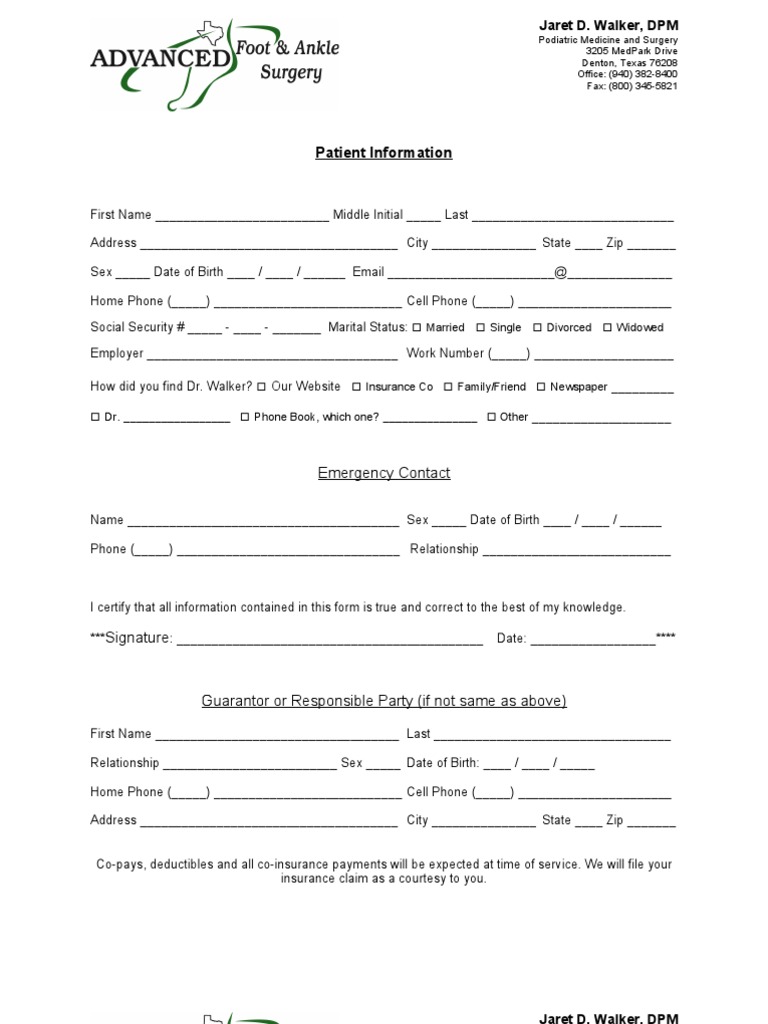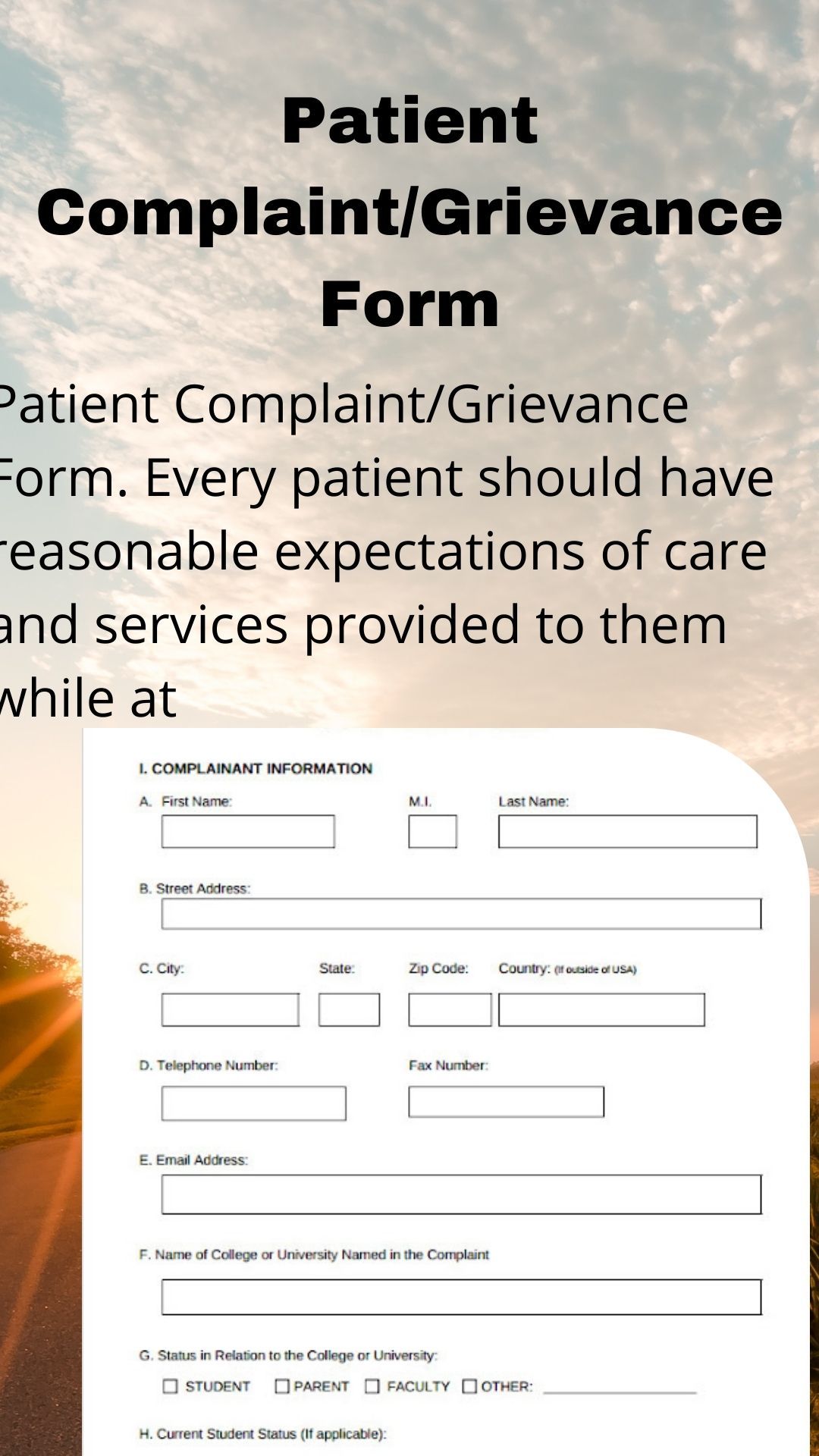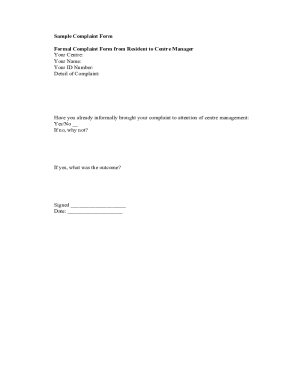5 Ways to Handle Patient Paperwork Complaints

In the bustling environment of medical practice, where the focus should ideally be on patient care, administrative duties such as managing patient paperwork often take a significant amount of time and effort. This can lead to complaints from patients about delays, errors, or inefficiencies in their medical records management. Here are five effective strategies to handle and reduce patient paperwork complaints effectively:
Implement Electronic Health Records (EHRs)

The transition from paper to Electronic Health Records (EHRs) can be a game-changer for healthcare facilities:
- Reduction in Errors: With digital records, issues like misfiled papers or illegible handwriting are significantly reduced.
- Immediate Access: Patients and healthcare providers can access records instantly, improving efficiency in care delivery.
- Improved Data Security: EHRs provide robust security measures to protect sensitive patient information.
Implementing EHRs involves:
- Choosing the right EHR software that fits the practice's needs and is compliant with health regulations.
- Investing in training for staff to ensure they are proficient in using the system.
- Regularly updating the system to incorporate new features and maintain security.
💡 Note: While EHRs offer numerous benefits, the transition phase might encounter resistance from staff accustomed to traditional methods. Ongoing support and training are crucial for successful adoption.
Streamline Paper-Based Processes

For practices not yet ready or able to transition to EHRs, streamlining existing paper processes can still yield improvements:
- Standardize Forms: Create uniform templates for patient intake, medical history, consent forms, etc.
- Pre-Fill Forms: Use existing patient data to pre-fill forms where possible to reduce writing time and errors.
- Automate Workflow: Implement batch scanning or daily filing schedules to manage the flow of paperwork.
🔍 Note: Even with improvements, paper-based systems have inherent limitations. Practices should consider long-term benefits of digitalization.
Enhance Communication and Patient Education

Effective communication can help mitigate misunderstandings and complaints:
- Inform Patients: Clearly communicate the purpose of forms and the importance of accurate and complete information.
- Patient Portals: Utilize or establish a secure online portal where patients can view their records, understand the process, and manage appointments.
- Training for Staff: Ensure staff are well-trained in explaining procedures to patients to avoid confusion.
Implement Feedback and Continuous Improvement

Listening to feedback and making iterative improvements is crucial:
- Conduct Surveys or provide suggestion boxes to gather patient feedback on administrative processes.
- Hold regular team Meetings to discuss issues, share ideas, and address complaints systematically.
📣 Note: Creating an environment where feedback is encouraged can greatly improve patient satisfaction and staff efficiency.
Outsource or Automate

For complex tasks or those involving significant time investment, consider:
- Outsourcing: Some practices outsource medical transcription or billing services to reduce administrative burdens.
- Automation: Use software to automate appointment scheduling, reminders, and even parts of patient follow-up.
🚀 Note: Automation and outsourcing can initially seem costly but can lead to cost savings and improved service quality in the long run.
Implementing these strategies requires a blend of technology, process improvement, and a commitment to patient-centered care. By adopting Electronic Health Records, optimizing paper-based systems, enhancing communication, seeking continuous improvement, and exploring automation or outsourcing, medical practices can significantly reduce paperwork-related complaints. These steps not only streamline administrative tasks but also enhance the quality of care by freeing up more time for direct patient interaction.
How long does it take to transition to EHRs?

+
The transition to Electronic Health Records (EHRs) can vary widely depending on the size of the practice, the complexity of the EHR system, and the level of staff training required. Typically, the process might take anywhere from 6 months to over a year.
What are some common complaints regarding patient paperwork?

+
Common complaints include long wait times due to paperwork, errors in records, missing or lost documents, and difficulties in understanding or filling out forms.
Can all types of medical practices benefit from EHRs?

+
Yes, virtually all medical practices can benefit from EHRs, although the benefits might be more pronounced in larger facilities due to the volume of records managed.